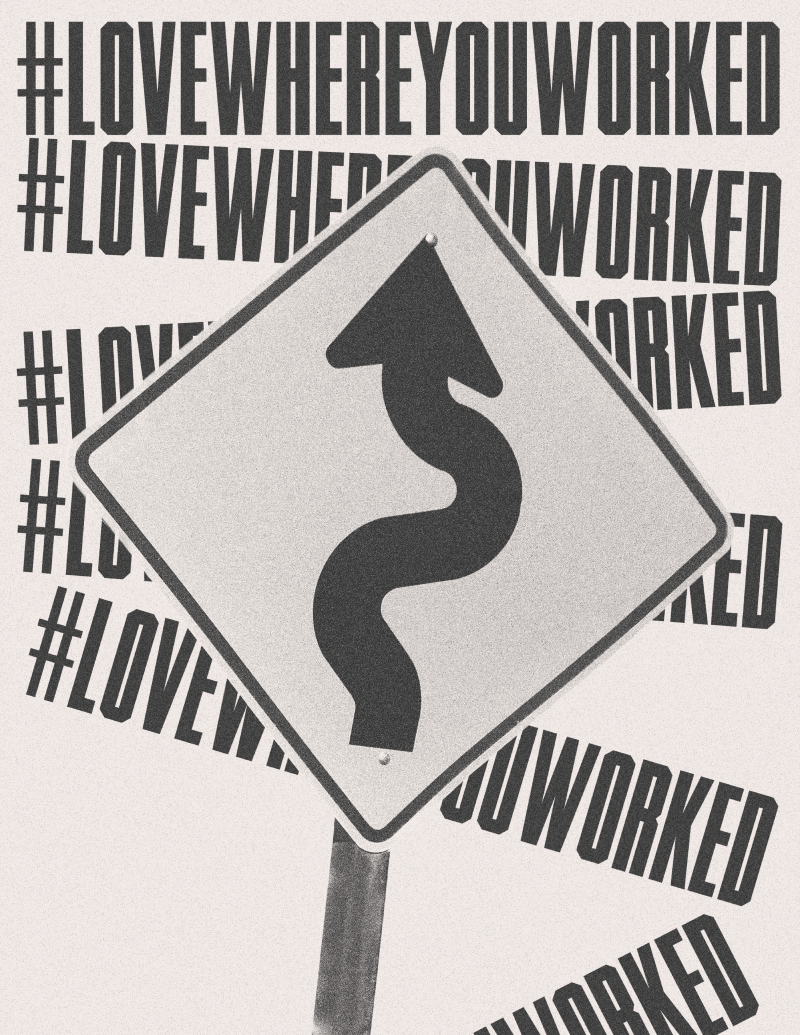
Brand –
a vaccine against
tough times?
As the booming economy of the past few years grinds to a halt, many companies find themselves with brand strategies that are not helping them when tough decisions need to be made. In our latest white paper, we expand further on the subject and come with some useful advice.
The economic climate has a direct impact on the way we work with brands. And the booming economy of the past few years has left a clear imprint on many brand strategies. This effect is particularly clear in employer branding, where labor shortage has forced HR departments into branding to secure their supply of top talent. Work on employer branding has often been done quickly and quite separately from work on the brand strategy itself, resulting in severe fragmentation. As the economy turns and companies must communicate tough decisions in a declining market, this disjointed strategy becomes particularly evident. There are few times when the need for a crystal-clear strategy is greater. Even large, well-established companies with supposedly strict brand strategies sometimes fail to create strategies that work in both good times and bad. For example, Salesforce has experienced turbulence in the past few months. In addition to layoffs in November, management has tightened its grip on the organization with an increasing focus on measurability and unrealistic goals for individuals. For Salesforce, which was previously well-known as a leading workplace, supposedly “more like family than a tech company”, the latest development is in stark contrast to the brand promise. Similar effects can be found in the Swedish market. The BNPL provider Klarna has been fighting financial difficulties since spring, resulting in several massive layoffs. The events were criticized for breaking the law as well as being inhumane. Klarna’s own information has been unclear, inconsistent and incorrect. In conclusion, is has been a long way away from their brand promise “to create a world where expectations are not just met but exceeded”. The negative media coverage was immediate. Crises will always occur, and brands will suffer. A coherent brand strategy providing clear guidance can however increase the chance that everyone in the company will know how to act when the shit hits the fan, and that the external expectations are correct. High clarity will also make the brand appear stronger, thus making it bounce back more easily after a PR crisis. So, how can we ensure that the brand strategy is resilient come rain or come shine? There are some things that can facilitate the development of a strong strategy.
Ensure that the brand is coherent
Building a strong brand requires a consistent experience, regardless of channel and target group, especially since digitization has made it impossible to isolate messages. Hence, the mere idea of for example developing an employer value proposition completely independently of the brand strategy is ludicrous. Instead of allowing different departments to develop their strategy separately, all relevant stakeholders should be accommodated in the brand strategy development, thus ensuring it can be a tool to effectively deliver in line with the business strategy.
Limit the number of units in the strategy
Adding more elements to the branding strategy can be tempting as trends and needs change, such as combining a purpose and vision or adding an employer value proposition alongside the brand strategy. Unfortunately, this often results in a weakened strategy where some parts fall into oblivion and dissonance arises between the units. Therefore, try to choose a few units instead, but accommodate every relevant target group in the development of the strategy, thus achieving clarity while still making room for variation in the communication when messages are developed in accordance with the strategy.
Create a strategy that covers both good times and bad
It’s a widespread truth that the brand strategy needs to be both unique and attractive. However, as soon as we start looking at what is actually true, it can be all too easy to make shortcuts. The temptation to promise the moon is too big. Unfortunately, this only postpones the issue temporarily, as companies that do not keep what their brand promises lose both customers and employees at a high rate. The brand strategy also becomes completely useless as soon as a tougher and boring message has to be communicated. In other words, it is sometimes difficult to blame the companies entirely for the poor management of their promises, given that the brand strategy has often been developed with the wrong lens. Instead, we encourage you to review your brand strategy as soon as possible to ensure your brand will stay strong throughout the recession.

